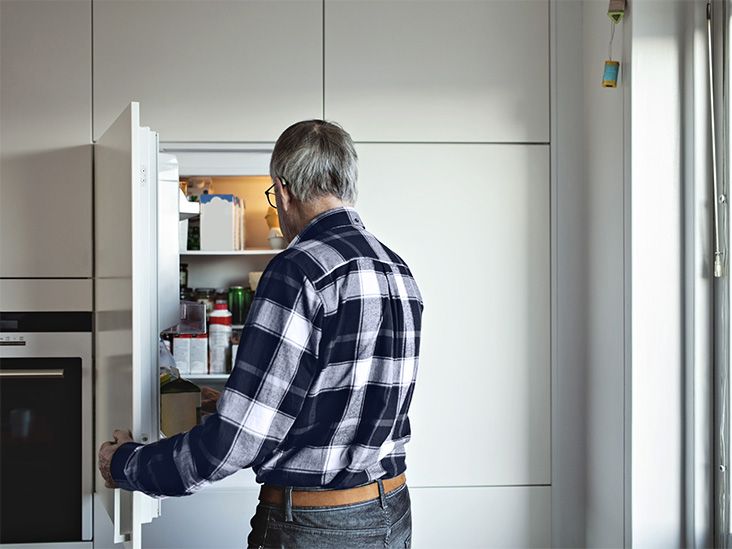You can keep Repatha (evolocumab) unrefrigerated for up to 30 days at temperatures between 68°F and 77°F (20°C and 25°C). If Repatha is refrigerated, you will need to allow it to reach room temperature before administering it.
Repatha is a brand-name injectable medication. Healthcare professionals prescribe it to help manage high cholesterol levels caused by familial hypercholesterolemia (a genetic condition). Doctors use Repatha to help reduce the risk of heart attack, stroke, and the need for certain heart surgeries in people with heart disease.
Repatha contains the active ingredient evolocumab. This is a biologic medication, which means it’s made from living cells. Repatha helps lower the levels of the harmful cholesterol called low-density lipoprotein (LDL) cholesterol. This reduces your risk of cardiovascular disease. You self-administer Repatha as a subcutaneous injection (an injection given under your skin).
It is important to follow the instructions given by your doctor or pharmacist on ways to store Repatha to preserve its effectiveness. This often involves keeping Repatha in the refrigerator within certain temperature limits.
In this article, we explain what happens when Repatha is not refrigerated. We also describe how to make sure you are storing your medication safely and that it remains effective for as long as possible.

For Repatha to work effectively, you must store it properly, adhere to the correct temperatures, and reduce its exposure to light by keeping it in its original packaging.
It’s best to keep Repatha refrigerated to get the most benefit from it. But, it’s still safe to use Repatha for up to 30 days if it’s left unrefrigerated. If Repatha is left out of the refrigerator for more than 30 days, throw it away and use a new syringe or device.
How long can Repatha be kept in the refrigerator?
Keeping Repatha in the refrigerator means it remains safe and effective to administer for as long as possible.
As long as Repatha is refrigerated between 36°F and 46°F (2°C and 8°C), you can safely administer it until the expiration date on the pen or packaging. According to the
If you do not use Repatha within the date stated on the packaging, you must dispose of the medication safely.
You should store Repatha in the refrigerator until its expiration date. But you can also store it at room temperature, unrefrigerated, for up to 30 days. Room temperatures are between 68°F and 77°F (20°C and 25°C). It is also important to ensure the temperature of the storage area does not exceed 77°F (25°C). You should not store Repatha in the freezer.
Can you put Repatha back into the refrigerator?
If you leave Repatha out of the refrigerator for up to 30 days, you can put it back in the fridge if the medication is not exposed to temperatures above 77°F (25°C). If Repatha has not been kept within this temperature limit or has been out of the refrigerator for more than 30 days, do not use the medication or put it back in the refrigerator.
Keep in mind that you must keep Repatha in its original packaging to help protect it from light.
The active ingredient in Repatha is evolocumab. Evolocumab consists of human monoclonal antibodies that specifically target the enzyme proprotein convertase subtilisin/kexin type 9 (PCSK9). Evolocumab binds to PCSK9, preventing its activity and reducing your levels of harmful LDL cholesterol.
Repatha is sensitive to temperature changes. For it to be most effective, store it at cool temperatures.
According to a
Before using Repatha, it is important to allow at least 30 minutes for the medication to reach room temperature, if you’re using the prefilled autoinjector or syringe.
It does not matter what time of day you take Repatha. But you should adhere to the schedule prescribed by your doctor. Typically, this is once every 2 weeks or once per month, depending on the dosage.
Can I take Repatha early?
The drugmaker does not provide information about taking your Repatha dose early.
If you can’t take Repatha on your scheduled day or you miss a dose, you can take your dose within 7 days after your scheduled day. Then, you can continue with your regular schedule.
If it’s been more than 7 days since your scheduled day and you use Repatha every 2 weeks, skip the missed dose. Then, use Repatha on your next scheduled day. If you use Repatha once per month, take the dose as soon as possible. Then, you can begin a new monthly schedule based on this new date.
Do not take two Repatha doses together to make up for a missed dose. Doing so may increase your risk of side effects with Repatha.
If you believe you’ve used too much Repatha, seek medical attention as soon as possible. Another option is to call America’s Poison Centers at 800-222-1222 or use its online tool. If you have severe symptoms, immediately call 911 or go to your nearest emergency room.
Repatha is a biologic injectable medication that comes as a solution administered subcutaneously. Store Repatha between 36°F and 46°F (2°C and 8°C) for it to remain safe. Use up the medication before the expiration date provided on the packaging.
You can store your Repatha medication unrefrigerated at room temperatures between 68°F and 77°F (20°C and 25°C). But, you must not administer any Repatha that has been unrefrigerated for more than 30 days. This is because as Repatha becomes overheated, it begins to lose its effectiveness.
It is important to adhere to the storage details on the label of your medication and follow the instructions of the prescribing doctor or pharmacist.
If you have questions about how long Repatha can be unrefrigerated or need information about proper storage, talk with your doctor or pharmacist.
